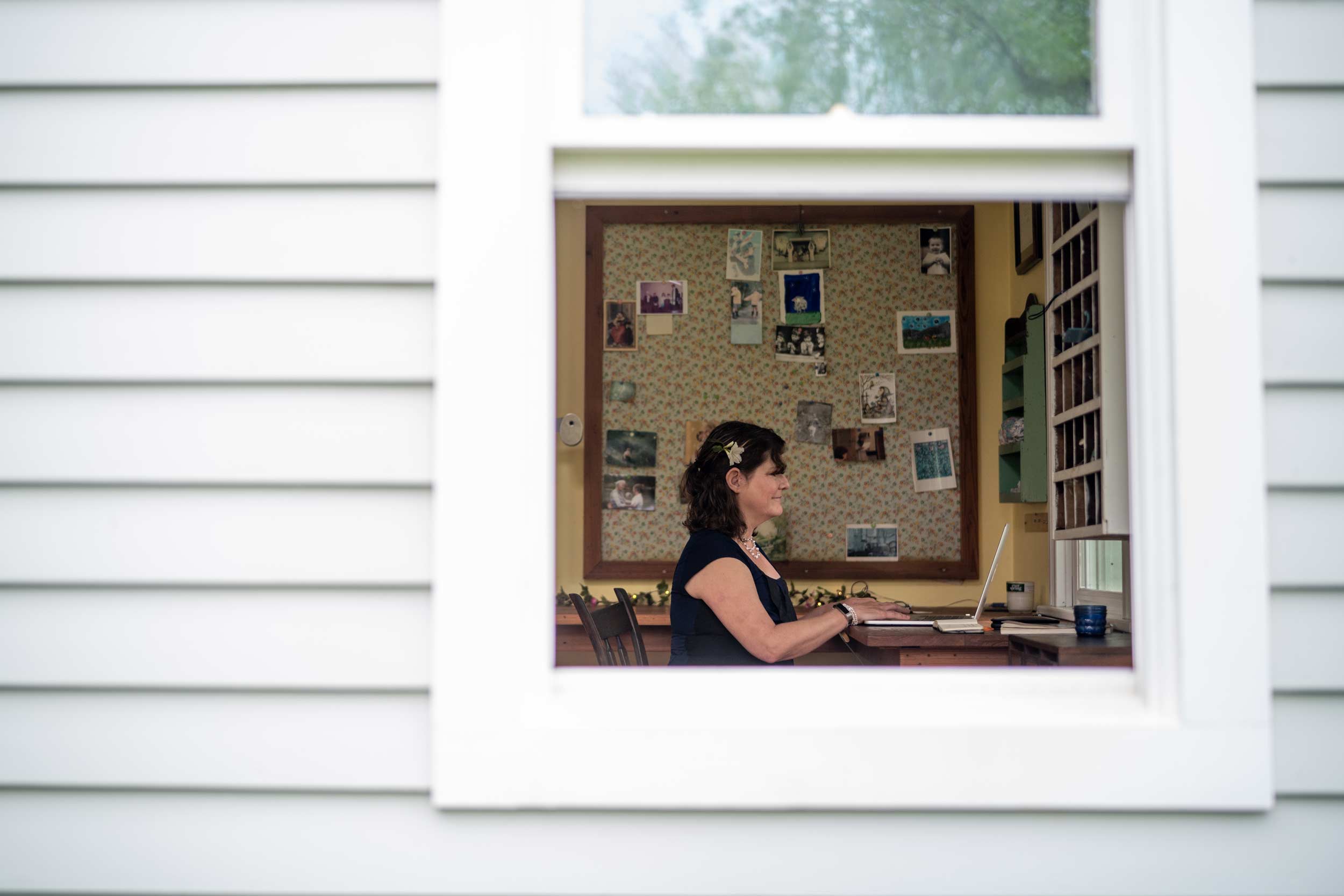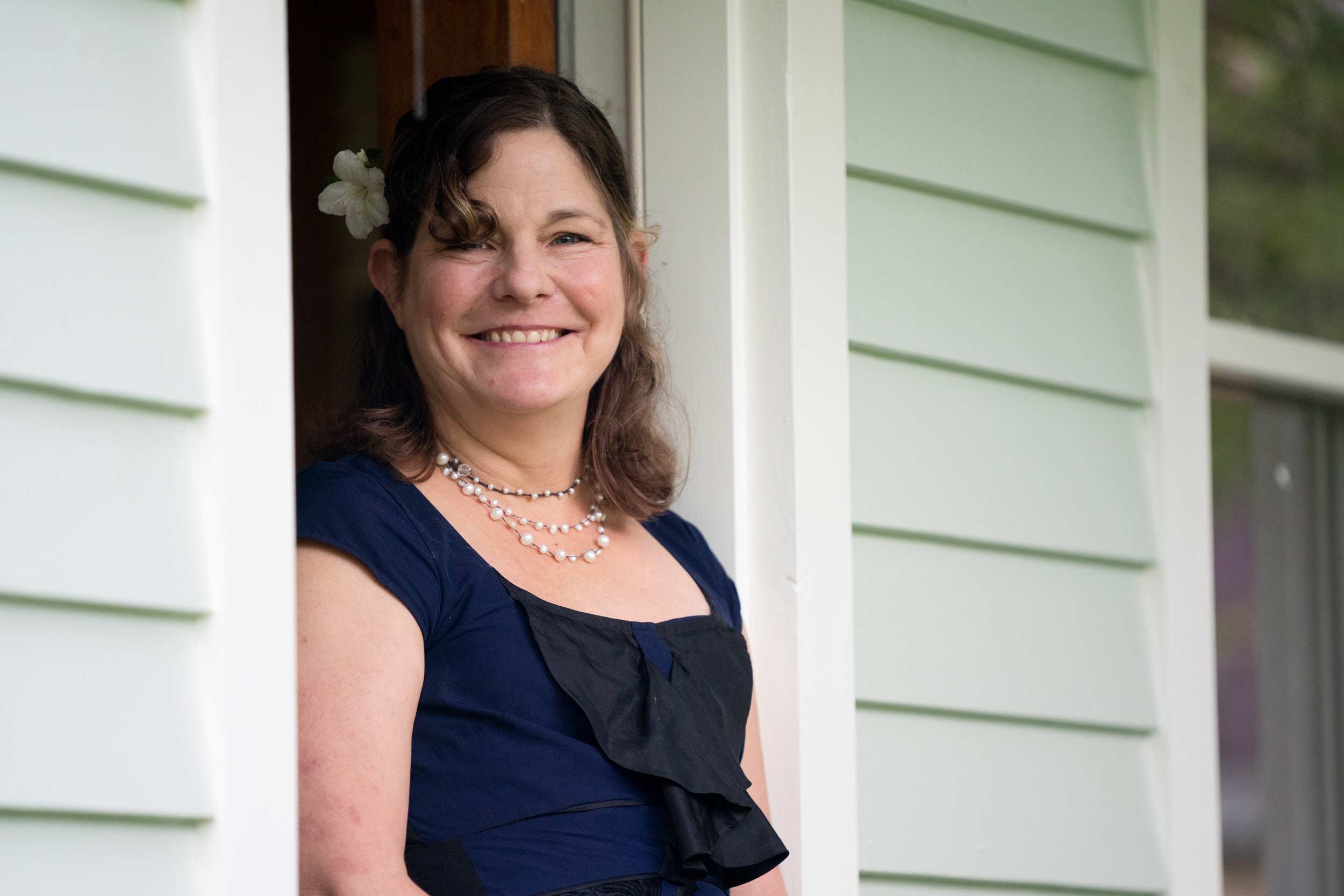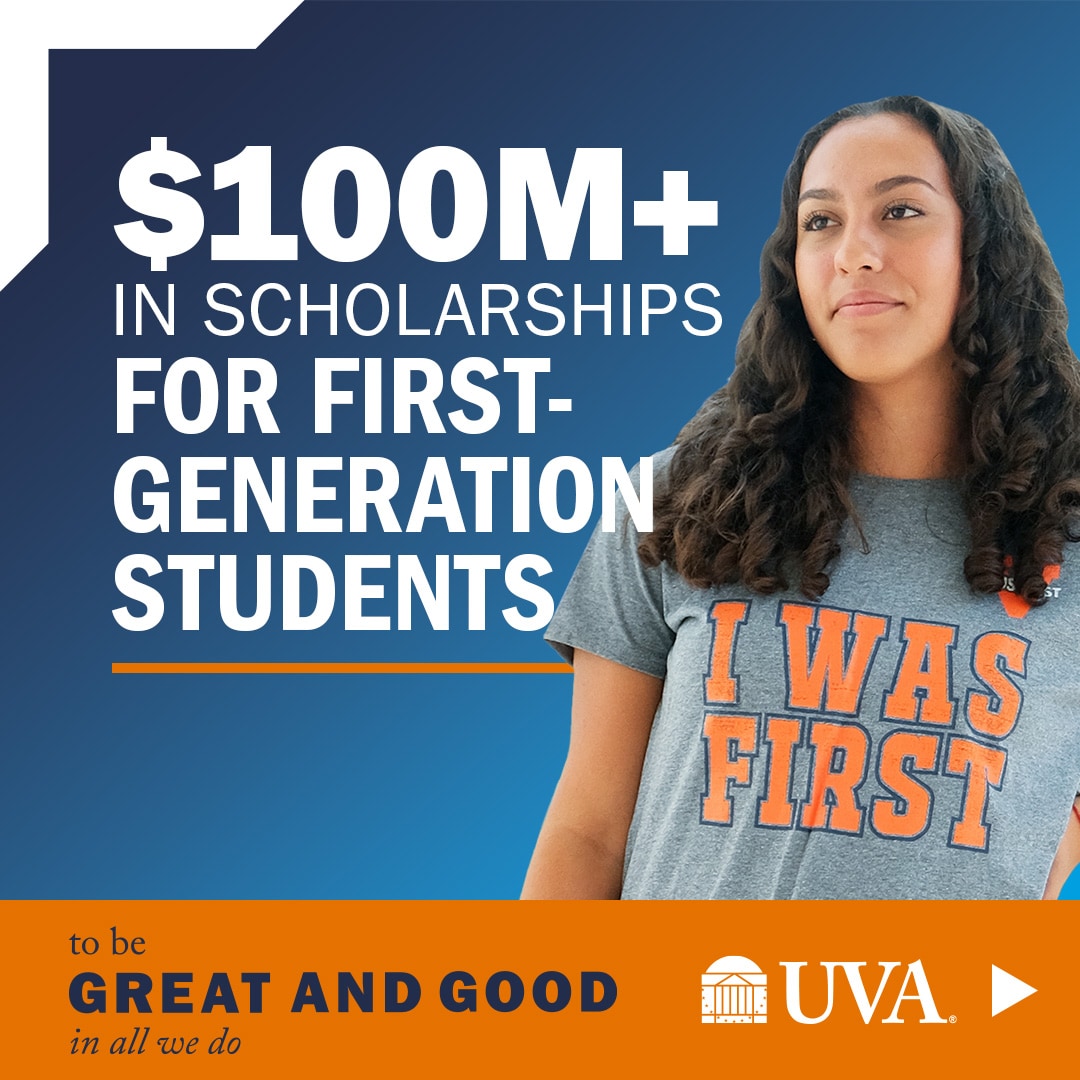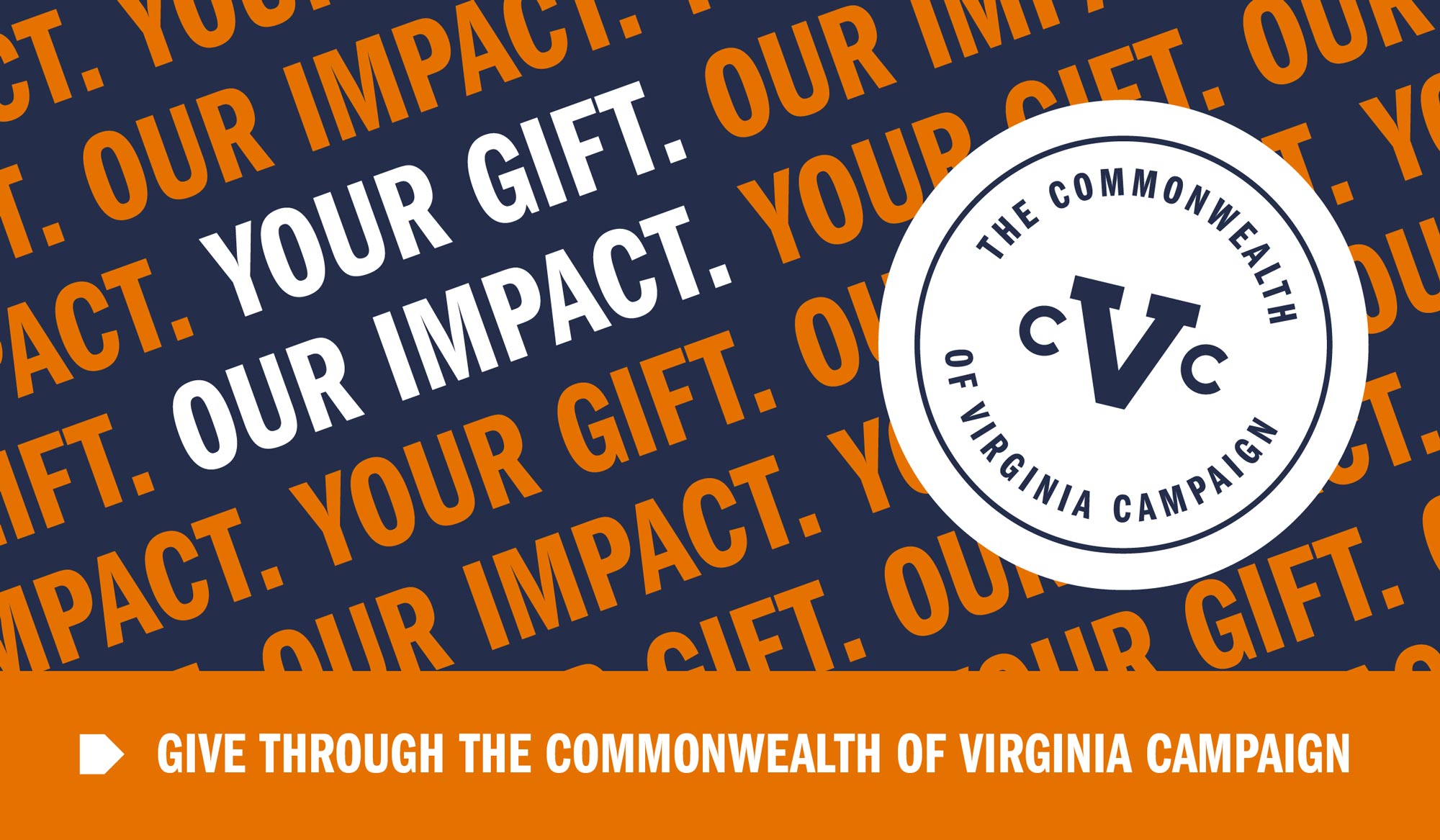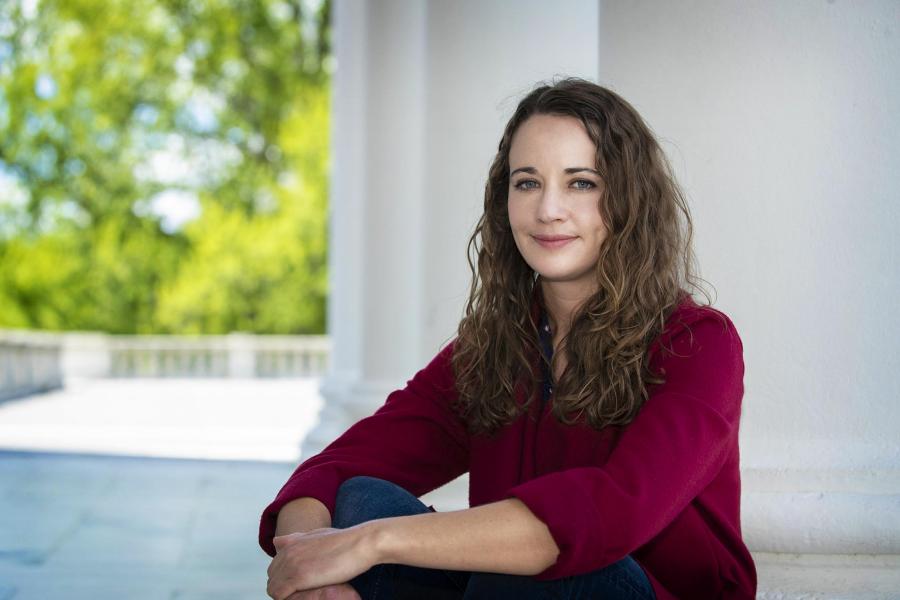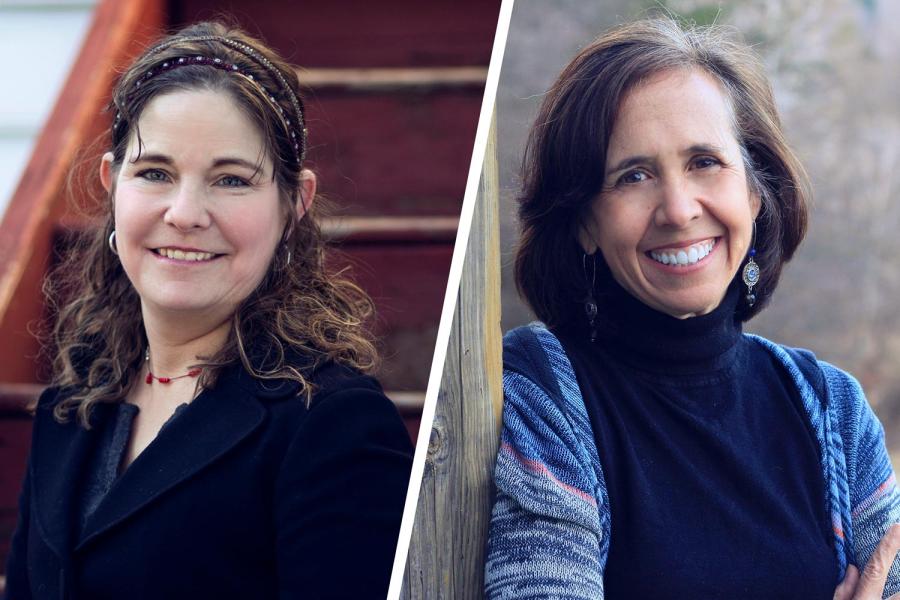Throughout the COVID-19 pandemic, Charlotte Matthews worked to give her students one thing: space to tell their stories
“The pandemic has been like a number slide puzzle with all of the pieces jumbled up, all of us fighting to get the numbers back in order,” said Matthews, an associate professor in the University of Virginia’s School of Continuing and Professional Studies. “We had to remember our masks, wash our hands, not touch our faces, stand six feet apart. We had to figure out how to operate in a new reality.”
In all of that, “there is not a lot of space,” she said. “Writing allows for great capaciousness, great expansiveness, which the pandemic has taken from us in many ways. Writing can give some of that back.”
Matthews knows a great deal about what sustenance writing can bring. She teaches writing courses for SCPS students in the Bachelor of Interdisciplinary Studies program, designed for adult students who are returning to school to complete their college degrees. Matthews is also a prolific writer herself, with three poetry collections, a memoir and a new novel, “The Collapsible Mannequin,” to her credit. She just completed a fourth poetry collection to debut in March, “The Half Life of Regret.”
When she was diagnosed with stage 3 breast cancer at the age of 39, writing became a reliable and crucial form of relief as Matthews faced several surgeries, chemotherapy and radiation. She started a writing group to help others staring down cancer diagnoses. The group’s stories are now on screen, chronicled in a short documentary, “Whistle Words,” by Red Spark Films.
